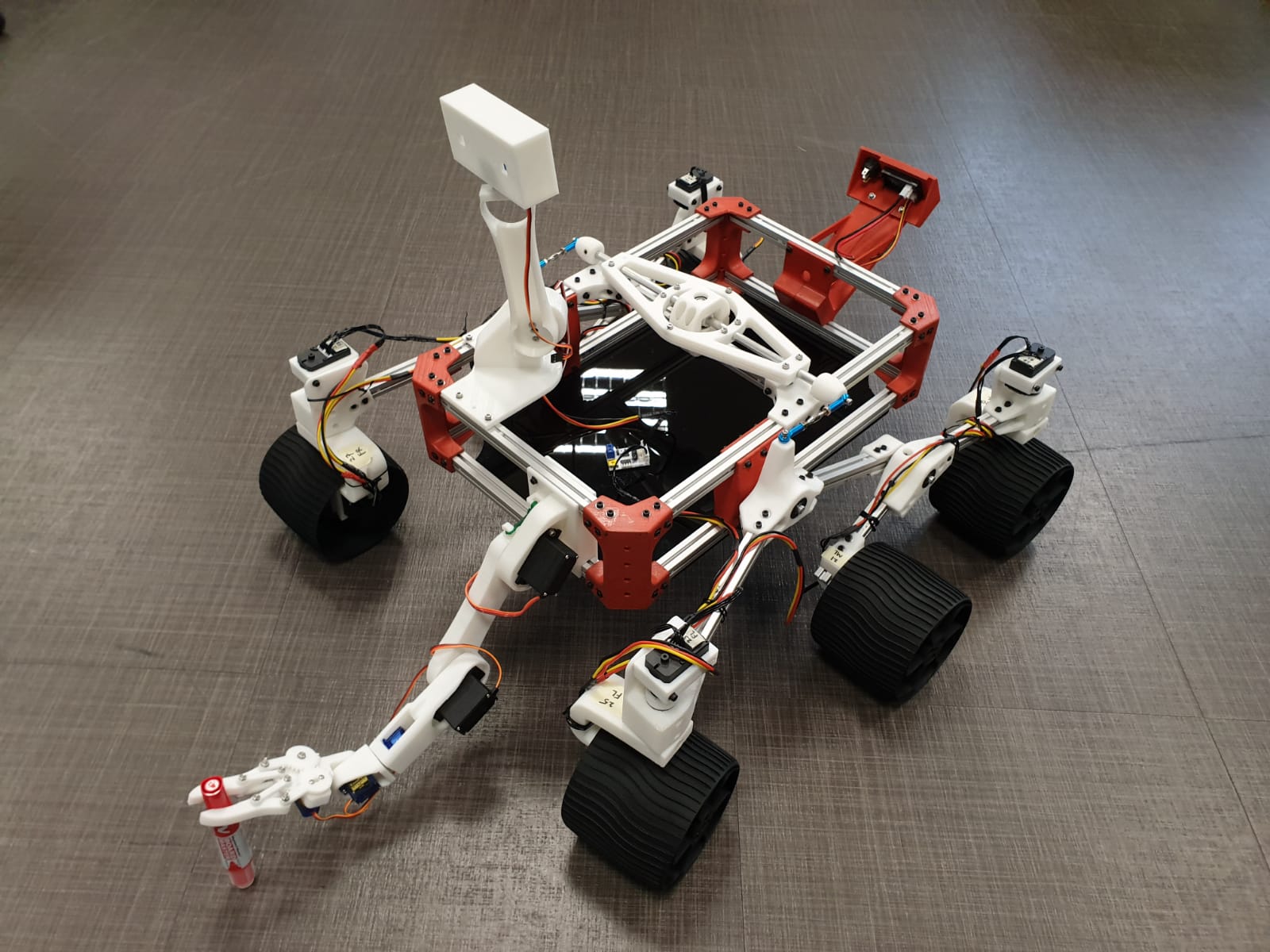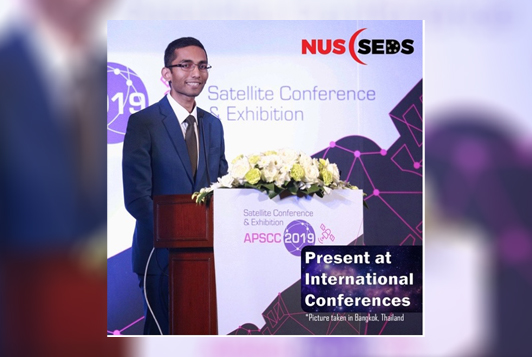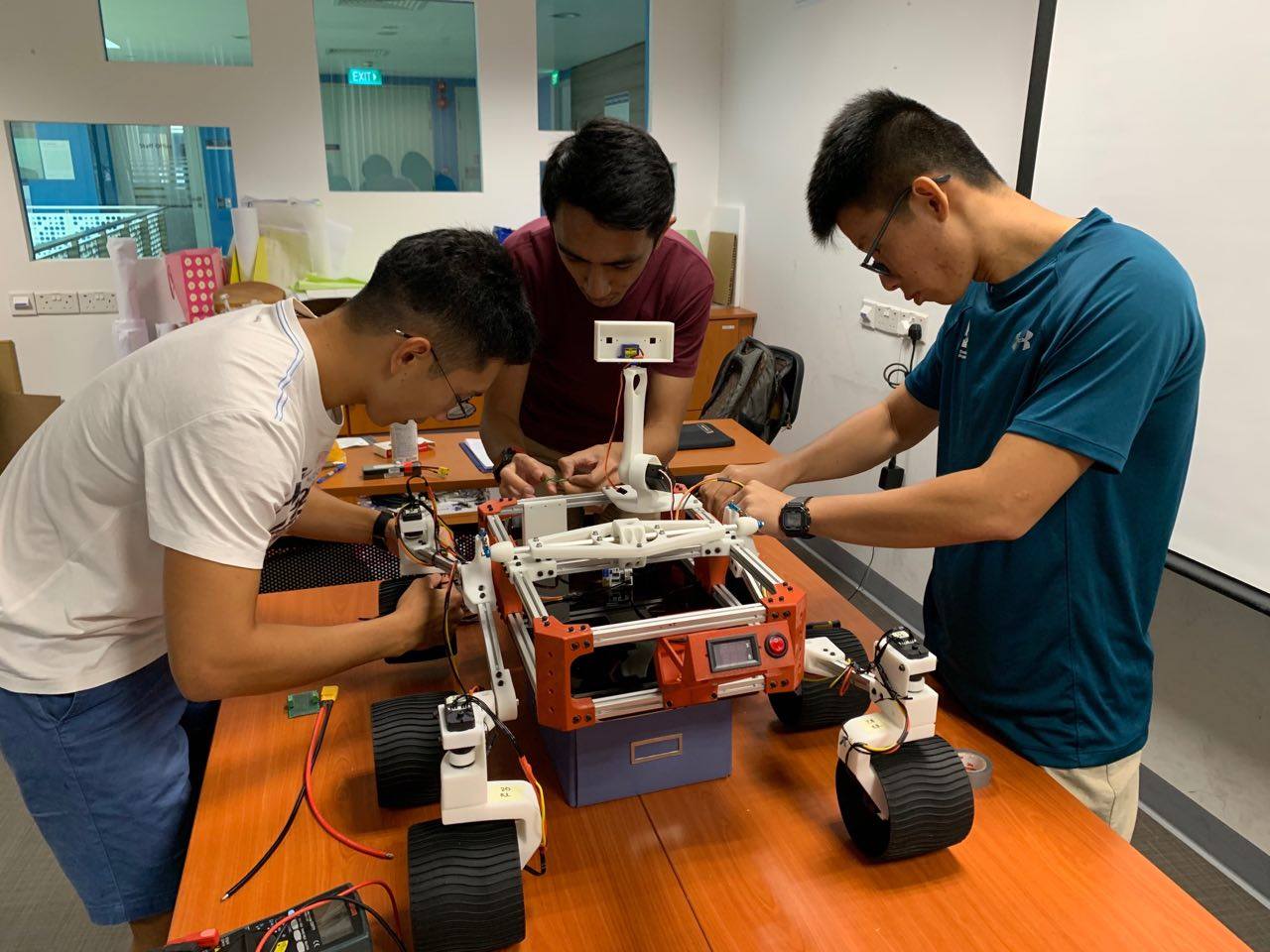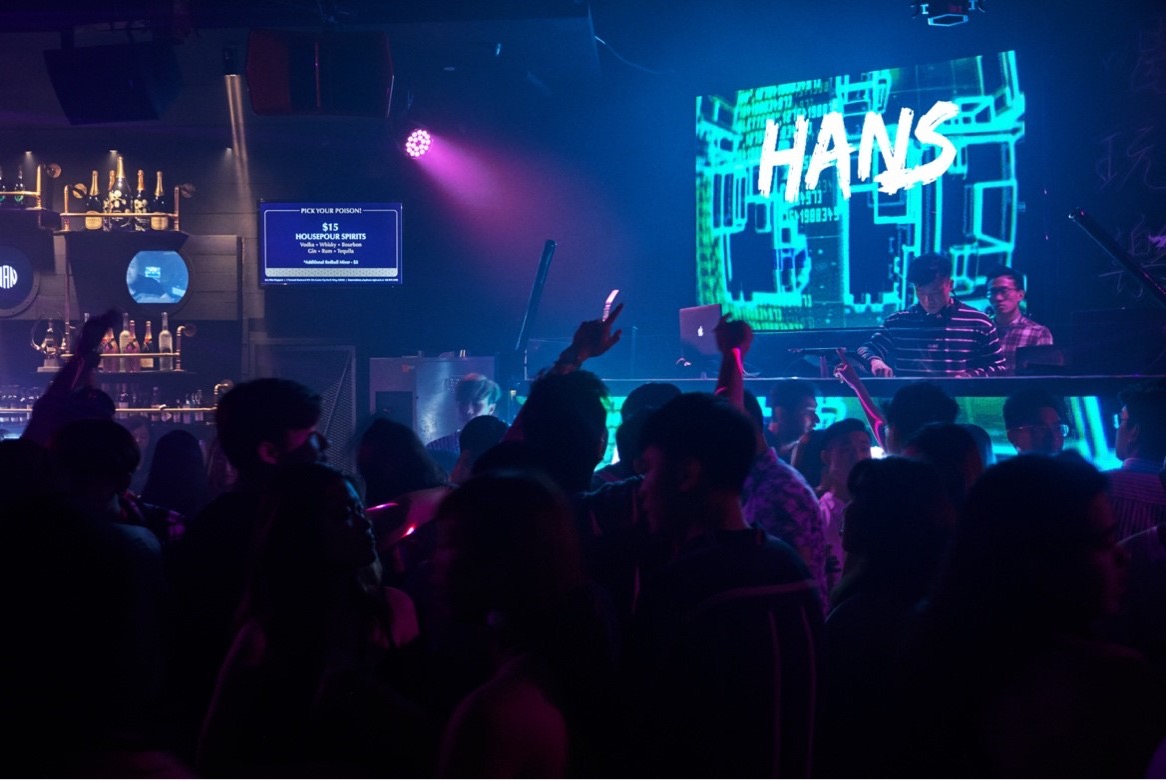1962: About sixty years ago, John F Kennedy declared in what would become one of the most famous speeches in mankind history: “We choose to go to the moon.”
And to the moon we went.
In fascination of the vastness of our universe, and in celebration of the seemingly boundless human potential, NUS Students for the Exploration and Development of Space (NUS SEDS) was born. As the interest group’s name suggests, NUS SEDS centres around anything related to space exploration. From projects that run the gamut to building robots (such as Mars rovers) to examining space policies and detailed analyses on novel ideas to develop the final frontier, the members of SEDS are devoted to expanding mankind’s odyssey to the milky way. SEDS members have won multiple awards at many competitions, and have also had their papers accepted at numerous space conferences.
When asked what he enjoys most about his CCA, Ian Wu, Final Year Computer Science student and President of SEDS, revealed: “I like the passion and creativity of our members. Most of the work that we are doing is in industries that are really new, so there is a lot of interesting things to learn, but it can also be confusing, uncertain and overwhelming at times.”

Ian introduced NUS SEDS' Mars Rover project, an assignment that requires his members to have a meticulous and comprehensive understanding about the Martian terrain such as the soil, climate, and solar radiation. The Mars Rover, in simulation and in theory, is for the purpose of examining life and water activity on Mars, and to expand human exploration of the foreign planet. He explained the complexity of the process to build such an intricate robot: “We had to factor in variables that we may not completely understand yet, including factors such as solar radiation which can affect the rover’s performance. But because there is so much to learn about, a lot of our solutions are often very creative and I dare say, out of this world (pun intended). The sky is indeed the limit here and our members often step up to the challenge.”
Apart from making robots from scratch, the members of SEDS also branch out into different sub-groups based on their interests, such as the Rocketry Team, the Autonomous Vehicle Team, and the Space Policy Unit. Depending on each group’s own initiated projects, the members hold weekly or bi-weekly meetings to address ongoing issues and their needs, in order to produce the respective deliverables.
In a typical SEDS session, the Rocketry Team may spend a session discussing and making calculations comparing different types of fuel. The Autonomous Vehicles Team spends their time working on electronics and navigation systems while the Space Policy Unit can have online breakout sessions discussing the latest space policy developments or discussing their papers in space conferences.
During pre-covid days, SEDS members have travelled overseas from Bangkok to Washington to compete and/or attend conferences, such as the Satellite Conference and Exhibition in 2019.

The members of the interest group host beneficiaries of social enterprises to spark their interest, and increase their knowledge about the space industry. One such example was a visit by Hatch, where at-risk youths were invited by NUS SEDS to learn more about space technologies through first-hand, hands on experiences.
When the stars are aligned
When asked how do the members make time for SEDS, producing such high calibre deliverables while juggling their studies, Ian recommends: “Create a space and time for yourself to achieve your objectives within a fixed period in time. Time management is no doubt an important factor. You will have to set deadlines and objectives well in advance.”
He emphasised the group’s camaraderie and said: “That’s the important part about being in a community- you learn and support one another.”
Mooning over the new interest group?
If you were smitten with the infinite possibilities of galaxies and the milky way and yearn to break out from the thresholds of the Earth, NUS SEDS may just be a good place to start. Head over to NUSync or Telegram to find out more.
Share:
Contributor
Liu Qianyu, Year 2, Business



